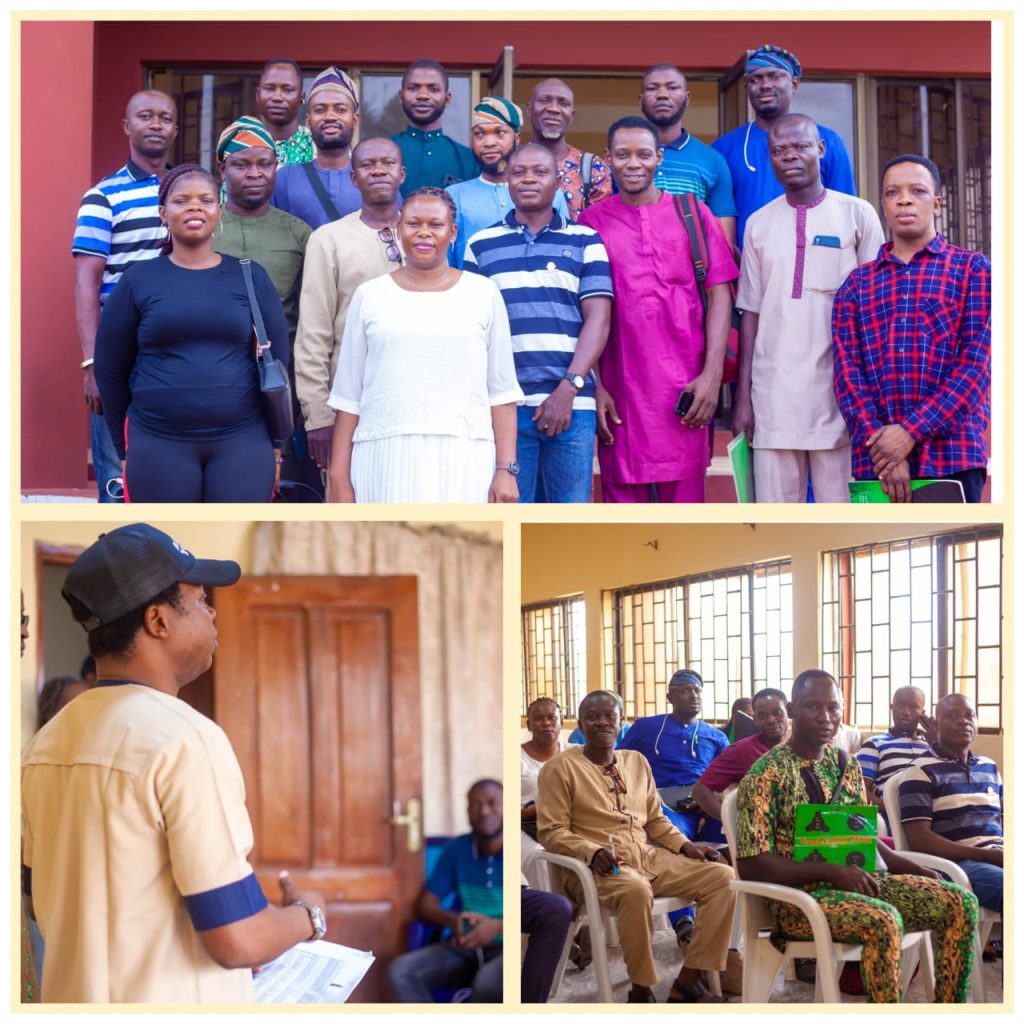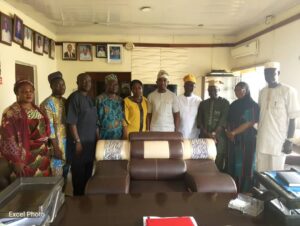








The Oyo State Agribusiness Development Agency (OYSADA) has commenced the second phase, batch two (02) of interviews for the Youth Entrepreneurship in Agribusiness Project – Sustainable Agricultural Finance and Enterprise Revolution (YEAP-SAfER) loan to beneficiaries

It could be recalled that the first batch of interviews for the beneficiaries was held on Thursday, 20th March 2025. Where interview sessions were designed to accommodate the convenience of all shortlisted candidates and were conducted both online and physically.
However, this initiative is part of the agency’s efforts to further support agro-entrepreneurs in Pacesetter State.





Shortlisted applicants are undergoing further assessment to determine their eligibility for the loan, overall vision for their various agribusinesses for the next two to five years and above, how much they need for the expansion of businesses, what key challenges they foresee in scaling agribusiness and how they overcome it.
In Advancing Agricultural Development, the YEAP-SAfER programme aims to empower young farmers and agro-entrepreneurs in Oyo State by providing them with access to financial resources, training, and mentorship. The second phase of interviews marks a significant milestone in the programme, as selected applicants will undergo further assessment to determine their eligibility for the loan.
Speaking on behalf of the beneficiaries, Mr. Alabanla Yusuff Opeyemi expressed his gratitude to Governor Seyi Makinde for the life-changing opportunity designed to empower young farmers and agro-entrepreneurs in the state.
He reiterated that the efforts are expected to contribute to the state’s economic growth, food security, and job creation aligned with the sustainable development legacy of His Excellency Engr ‘Seyi Makinde.
By holding the second phase of interviews, OYSADA is taking a significant step towards achieving its goal of supporting agro-entrepreneurs and promoting agricultural development in Oyo State. The agency’s efforts are expected to have a positive impact on the state’s economy and food security.






